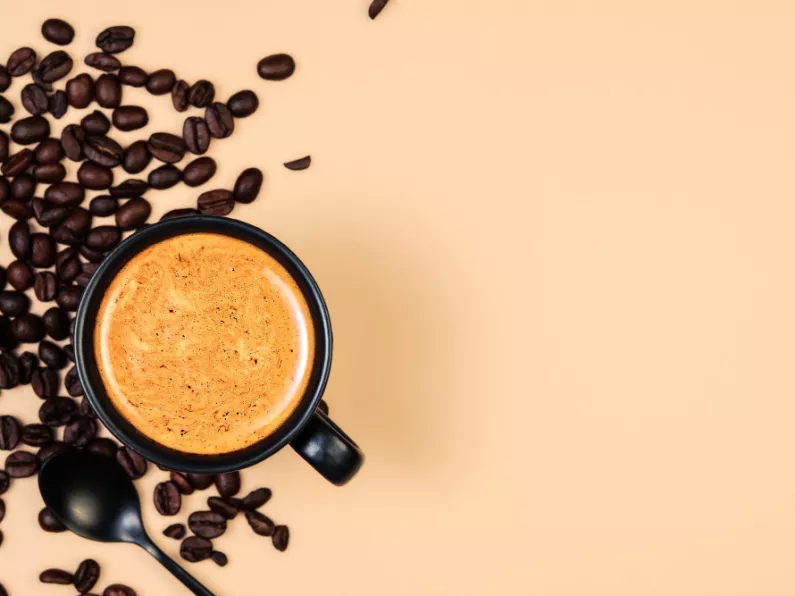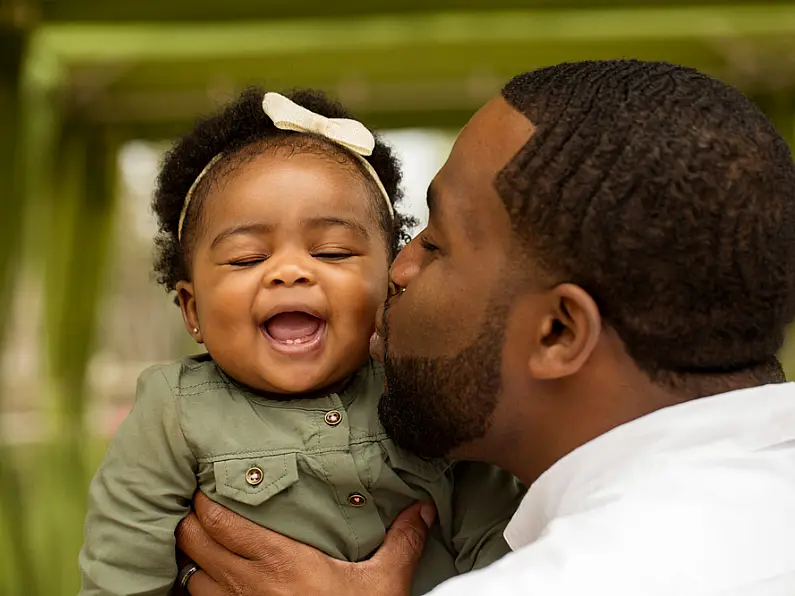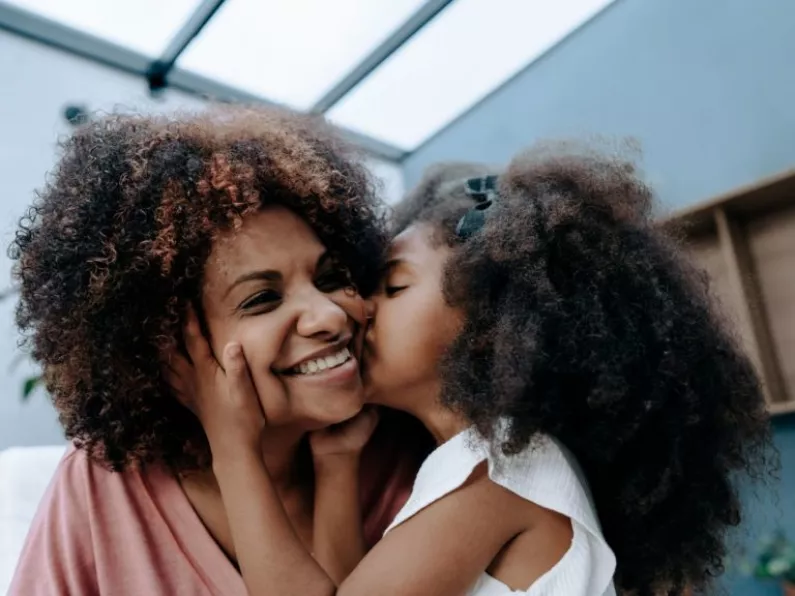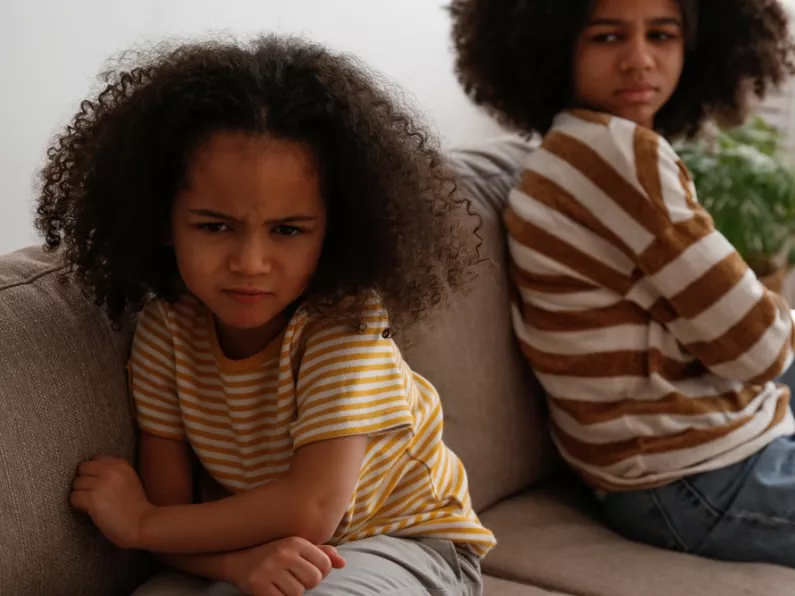Parents are allowing kids as young as two to drink coffee and other caffeinated drinks, despite years of warnings from pediatricians and other health professionals that they can be harmful to children.
The American Academy of Pediatrics recommends no caffeinated coffee, tea, soda, sports drinks or other products for children under the age of 12.
It also recommends that adolescents between the ages of age 12 and 18 should limit their intake to less than 100 milligrams per day – about the size of an old-fashioned cup of coffee.
Caffeine limits
A 16-ounce “grande” of Starbucks popular Blonde Roast coffee contains 360 milligrams.
But it’s not just coffee. Sports drinks can contain nearly 250 milligrams of caffeine depending on the brand.
A cup of tea can have up to 47 milligrams, while a diet soda can have 46.
Chocolate has some caffeine too.
Health problems
Too much caffeine can cause increase heart rate and blood pressure, contribute to acid reflux, and cause anxiety and sleep disturbances in children.
In very high doses, caffeine can be dangerous.
“Kids show up in the emergency room with irregular heartbeat or what we call tachycardia or rapid heartbeat,” pediatrician Dr Mark Corkins, chair of the committee on nutrition for the American Academy of Pediatrics told CNN.
Caffeine sensitivity
The limits are mostly based on body size, and those limits increase when a child has grown large enough to be able to metabolize caffeine more readily.
However, if a child is small for their age, or has migraines, heart problems or seizures, they may be even more sensitive, according to the American Academy of Child and Adolescent Psychiatry.
Kids want to copy their parents and older siblings by drinking coffee and then it becomes a slippery slope.
But another part of the problem is that coffee has little nutritional value, and it’s replacing something like milk and water.









